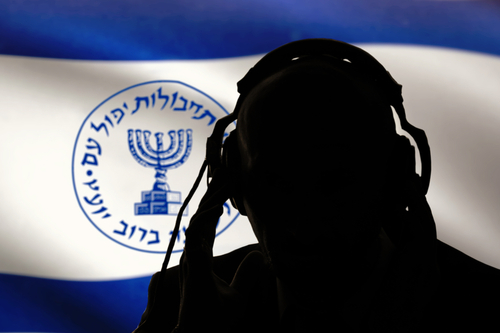
The prospect of a full-scale war on Israel's northern front looms larger as tensions with Hezbollah, the Lebanese terror group, continue to escalate. In the latest development, Israel's security cabinet has expanded its war objectives to include halting Hezbollah's attacks on northern Israel. This shift comes as the Israeli Defense Forces (IDF) prepare for a potential ground offensive, a move seen as necessary to allow displaced Israeli residents to return to their homes after months of relentless rocket fire from Lebanon.
Since the October 7, 2023, attack by Hamas on southern Israel, which killed over 1,200 Israelis, Hezbollah has opened a second front from Lebanon. Israeli officials now warn that military action may be the only way to stop Hezbollah's increasing aggression. Hezbollah, backed by Iran, has been involved in near-daily assaults on northern Israel, forcing mass evacuations and paralyzing life in the border towns.
BREAKING: Heavy bombardments by the Israeli Air Force on Hezbollah cells in Lebanon as soon as Nasrallah’s speech began.
We’re sending a clear message.
— Vivid.🇮🇱 (@VividProwess) September 19, 2024
The timing of this escalation is significant. According to reports, Israel is facing pressure to act soon before the harsh winter conditions make military operations in the mountainous regions of southern Lebanon difficult. Some analysts suggest that if more than a few weeks pass without action, it may be impossible to neutralize the Hezbollah threat until the spring of 2025, leaving Israeli civilians displaced for months.
The IDF has already begun retaliatory strikes against Hezbollah targets, including a sophisticated operation that targeted the group's communication infrastructure. Hezbollah, which had resorted to using older technology like pagers to avoid Israeli surveillance, suffered heavy losses when these systems were destroyed. The operation's success has emboldened Israeli leadership, increasing confidence in their ability to launch a full-scale offensive.
Lebanon when it was still ruled by Christians.
Hezbollah’s Islamic terrorism ruined everything!
— Dr. Maalouf (@realMaalouf) September 18, 2024
Meanwhile, Israeli Prime Minister Benjamin Netanyahu has made it clear that the restoration of northern Israel's population centers is now a top priority in the ongoing conflict. “The safe return of the residents of the north to their homes” is now an official war goal, Netanyahu's office announced this week. This marks a significant expansion of Israel's objectives, which were initially focused on defeating Hamas in Gaza.
However, the stakes are high. Hezbollah, equipped with a vast arsenal of rockets and drones, has the capability to strike deep into Israeli territory. Their leader, Hassan Nasrallah, has repeatedly threatened a broader conflict, warning that Hezbollah is prepared to retaliate against any Israeli ground invasion. The group’s tactics have evolved, with Hezbollah fighters using drones to target Israeli surveillance systems and launching rocket barrages aimed at Israeli military positions.
International efforts to broker a cease-fire between Israel and its adversaries have so far failed. U.S. Secretary of State Antony Blinken is currently engaged in shuttle diplomacy, meeting with Egyptian and Qatari officials to negotiate terms for a truce, but a breakthrough appears unlikely. As diplomatic solutions falter, military action seems inevitable.
The situation has also drawn concern from Israel's northern neighbors, particularly Lebanon, which is already grappling with a deep political and economic crisis. A full-scale war between Hezbollah and Israel could plunge the region into further instability, with devastating consequences for civilians on both sides of the border.












